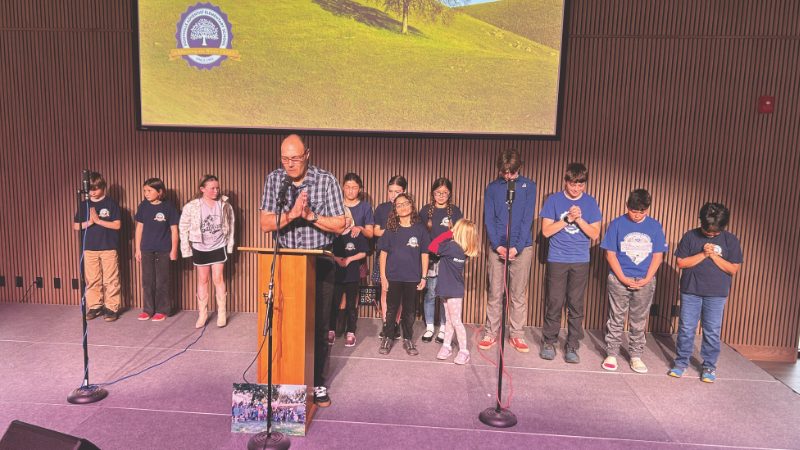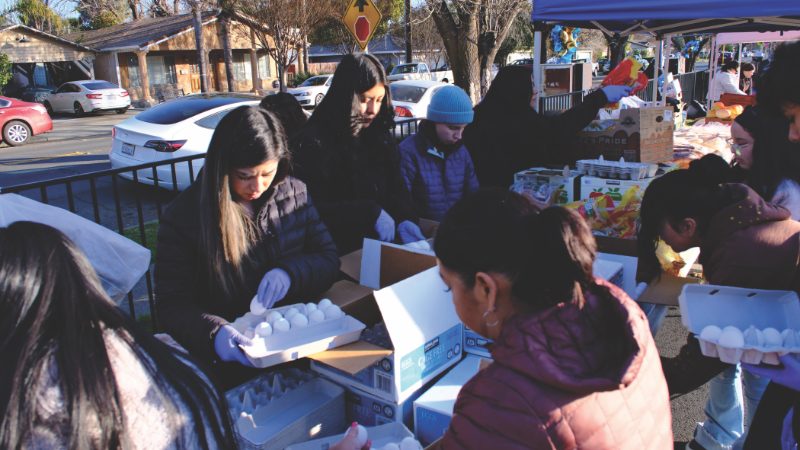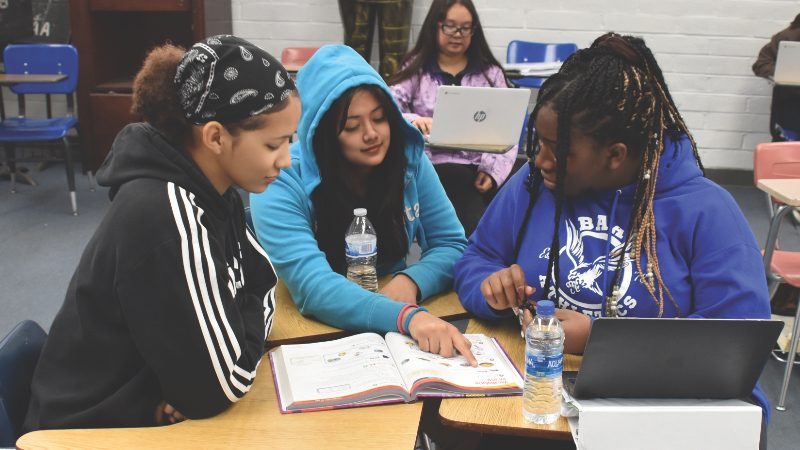
As the Covid-19 pandemic spread throughout the nation and the state during the winter of 2020, La Sierra University along with all educational institutions within Riverside County where the university is located were ordered closed effective March 16. Many believed the situation would last a few weeks. More than a year later, the campus remains closed in keeping with ongoing state restrictions for higher education. Presently only limited labs and studio classes are allowed on campus and public events have remained suspended including a suspension of spectators at campus athletics events.
The university’s nine varsity sports teams – men’s and women’s soccer, men’s and women’s basketball, men’s and women’s cross country, volleyball, softball, and baseball faced varying degrees of disruption – the cross country program was sidelined for the year and on-campus team practices for other sports were delayed and then repeatedly shut down when Covid cases surged in the region. Conference play and championships were also moved up in the season by months.
Tests for Covid-19 three times a week; Covid symptoms screening before play; training rooms and equipment sanitized after every use; face masks required outside of game play, except volleyball players must wear them while playing; drinking fountains disabled; no hugs or high-fives – these are examples from pages of detailed pandemic protocol developed for the university’s athletics department under the leadership of Athletics Director Javier Krumm and through which the department has strived to maintain the safety of its student-athletes, coaches and personnel while allowing the teams to continue operating. The protocol is part of a larger document created and released last September by the university’s Emergency Management Team outlining operational activities for the entire campus based upon public health guidelines.
The La Sierra Golden Eagles program was the first in its conference to publicize detailed pandemic operating procedures and served as a model for some of Cal Pac’s guidelines, Krumm said. While at first confusing for student-athletes, they learned to incorporate the procedures into their activities. The detailed protocol was vital to their ability to safely practice beginning in October last year and eventually to play games. Protocol was developed through the efforts of Head Athletics Trainer and Compliance Officer Brian Murphy, Associate Athletics Director Brianne Talboom, virologist and associate biology professor Arturo Diaz who serves as the Golden Eagles faculty representative, Student Wellness Services Director Dan Nyirady and Vice President for Student Life Yami Bazan.
Varsity student-athletes are also required to uphold a high academic standards which for some proved more difficult when all classes moved online. Through an online system, the department keeps track of student-athletes’ grades and works with faculty and staff advisors to help guide and support students, including with game and class conflicts.
Read more of this article from La Sierra University.






